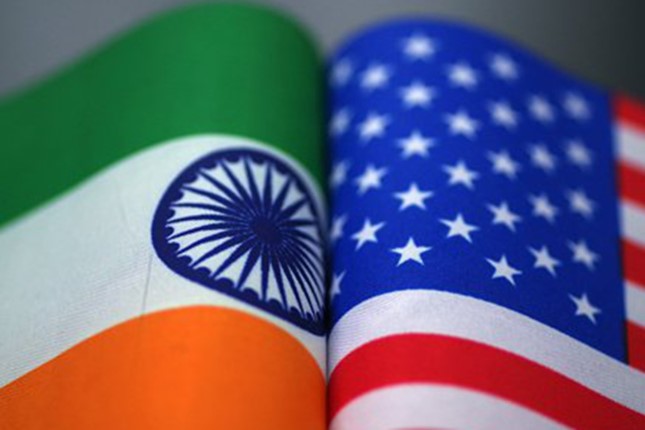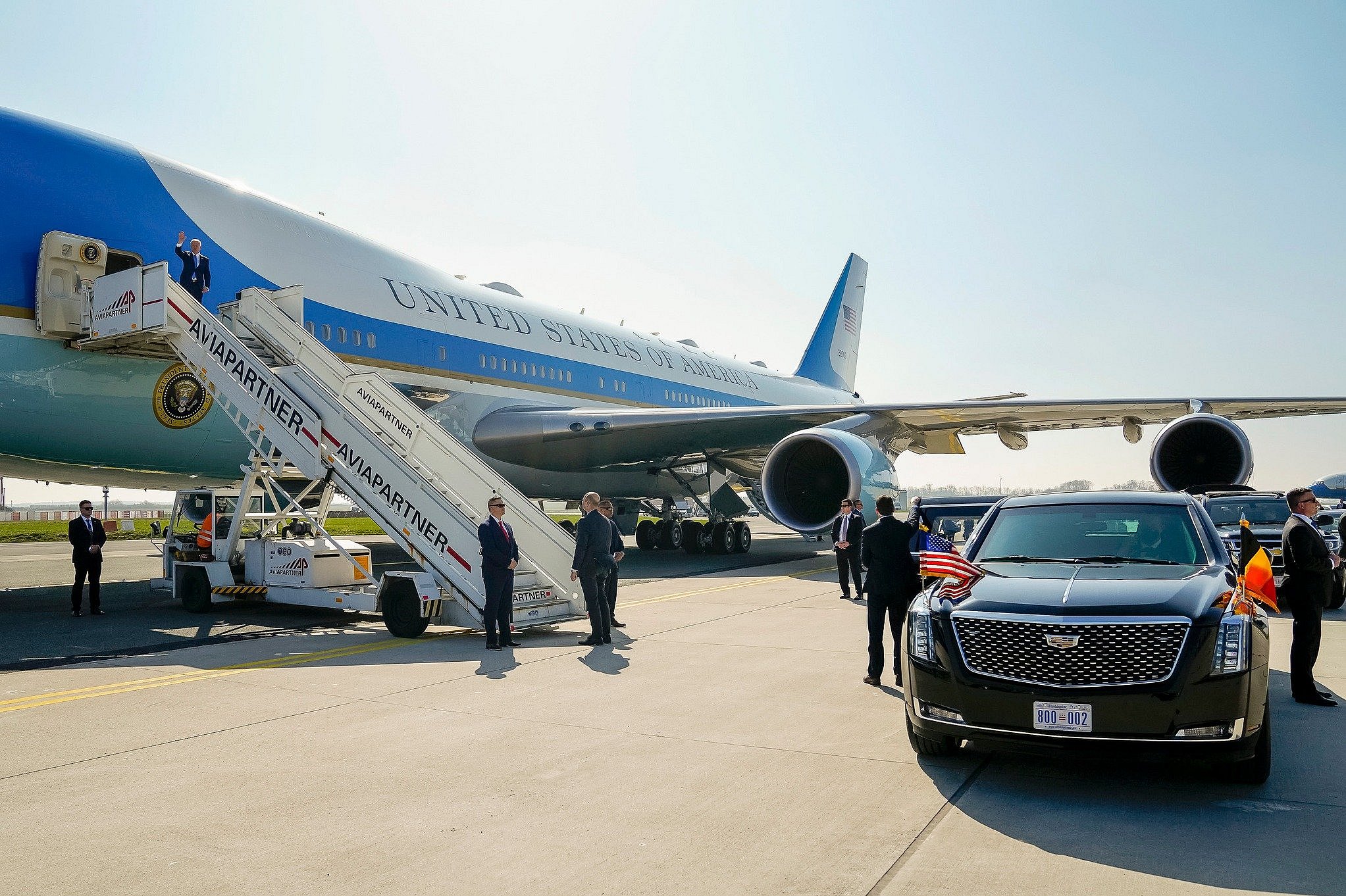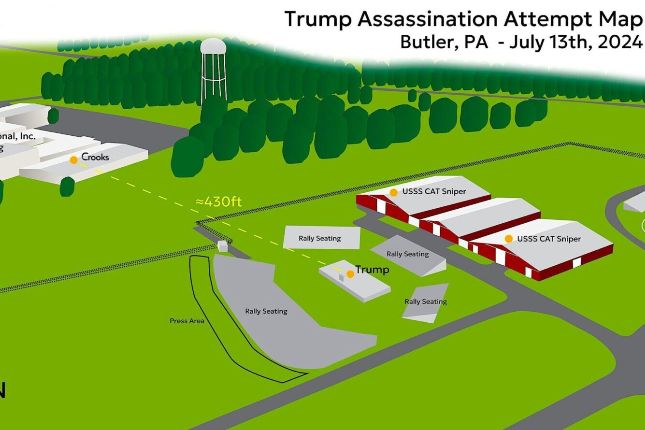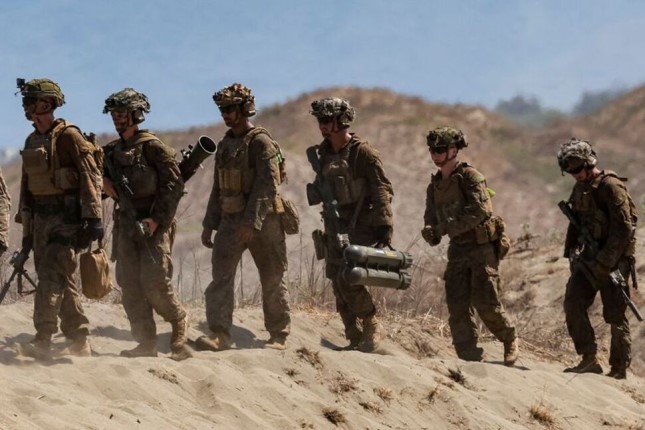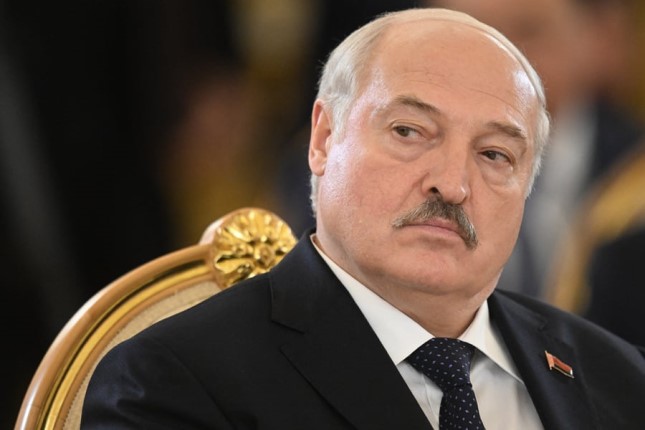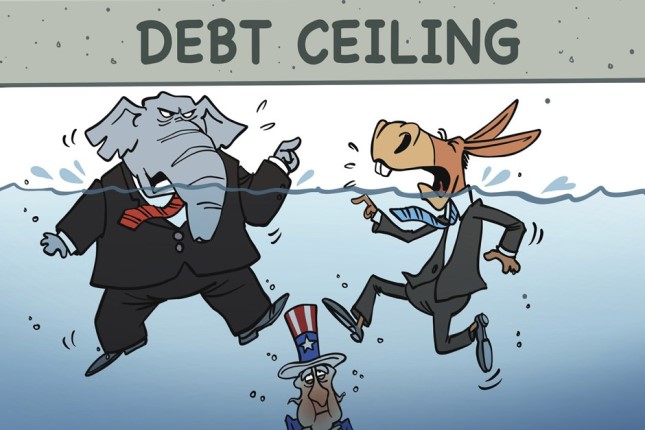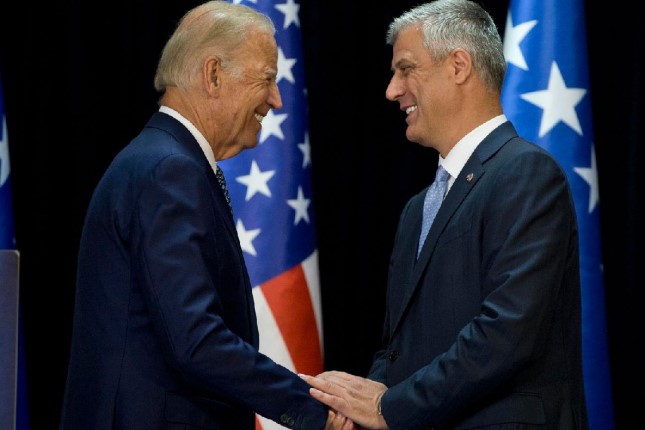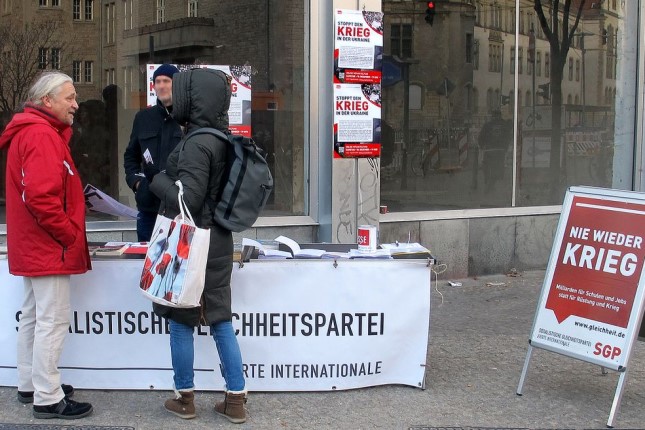Currently, the US Department of Justice and the Federal Bureau of Investigation have declined to comment on the assassination plot that took place on US soil. However, experts believe that the US will not harshly accuse India in order to maintain its goal of aligning with India against China in the Indo-Pacific region.
US officials claim that the target of the incident was Gurpatwant Singh Pannun, general counsel of Sikhs for Justice based in the US, who holds dual citizenship in the US and Canada. In September of this year, Canada accused India of being involved in the assassination of prominent Sikh leader and Canadian citizen Hardeep Singh Nijjar and expelled an Indian diplomat, causing a strain in India-Canada relations.
US decision to make this incident public can be seen as a warning to India. Long Xingchun, a professor at the School of International Relations at Sichuan International Studies University, told the Global Times that the US and India recently held a 2+2 ministerial dialogue, indicating a close relationship between the two countries. The US could have conducted private negotiations with India. Although the US has not yet released more evidence, the assassination on US soil has crossed the US' bottom line.
Nevertheless, the US government may still choose to handle this matter discreetly. According to Western media, considering that India is a key component of the West's strategy to counter China, US officials are aware that any disclosure of an assassination plot planned on US territory or US protests against India would once again raise doubts about India's reliability as a trusted partner. Western governments, especially the US, still need to align with India to achieve their strategic goal of containing China.
In order to woo India against China, Western media often refer to India as the largest democracy in Asia. However, some political parties and organizations in Western countries have long criticized India's suppression of minority groups and questioned India's status as a democratic country. These criticisms have put pressure on the governments of the US and other Western countries. For India, countries like the US, Canada, the UK, and Australia providing shelter to Sikh separatist are completely contradictory to the Indian government's position, reflecting a conflict of interests and values between India and Western countries.
Western countries claim to be defenders of human rights, often criticizing other countries' human rights issues and even resorting to sanctions. Qian Feng, director of the research department at the National Strategy Institute of Tsinghua University, said that the attitude of the US government exposes the hypocrisy of the Western alliance with India based on their so-called common values and is evidence of an American-style double standard. Western elites are well aware of the huge differences between India's so-called "democracy" and their own democracy. The US' praise for India's so-called "democracy" is mainly driven by geopolitical interests, hoping to include India in their anti-China alliance to achieve US strategic goals in the Indo-Pacific region.
Long believes that if Sikh separatist from Western countries become increasingly active, conflicts regarding ethnic and religious values between the US and India may occur frequently in the future. Although the US will maintain a cautious and low-key approach toward India, if the situation escalates, the US government may have to face opposition and criticism. Doubts within Western countries about the Modi government as a so-called reliable partner will further deepen.
This incident once again illustrates the US' neglect of the diversity of national interests and the inappropriateness of its ideological alliances in the current era of development trends. The Biden government may face more and more embarrassment in dealing with its partners, including India, in the future.
Photo © IC.
Source: The Global Times.
